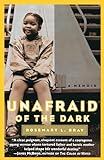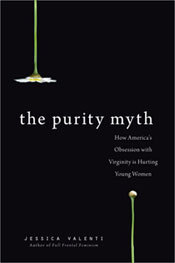I won’t speak for Peacebang (aka the Rev. Victoria Weinberg)–she does a great job of doing so for herself here–but speaking for myself as a leftist and not a liberal, she has put her finger directly on the question:
Where in America would a white 12-year old boy walking around on a cold afternoon in an unpopulated area and idly waving a toy gun be shot by a police officer literally two seconds after that cop got out of his squad car? Two seconds on the clock. Imagine that happening in your neighborhood…
White men wave real guns around crowded areas in America and are taken into custody alive. Tamir Rice, carrying a toy gun in an open carry state, wasn’t white. His parents are apparently not law abiding citizens, so one Ohio resident suggested to me yesterday (and this is a quote) that it was a good thing that Tamir was “put down before he got a real gun.” I fail to see a significant emotional and spiritual difference between the callous bigot who celebrates the murder of a kid and the white liberal who says it’s all really sad, but he shouldn’t have been waving around a gun. Both responses are distancing and victim-blaming: one pathological and the other quite ordinary and therefore, often unquestioned and uncommented upon.
Let me repeat the part I bolded there for those of you who might need it emphasized:
I fail to see a significant emotional and spiritual difference between the callous bigot who celebrates the murder of a kid and the white liberal who says it’s all really sad, but he shouldn’t have been waving around a gun. Both responses are distancing and victim-blaming: one pathological and the other quite ordinary and therefore, often unquestioned and uncommented upon.
So, if that’s where “we” (cue the Tonto joke here) are, then where do we go from here? It’s not the first time that question has been asked. Or even the second. We’re going somewhere, whether we want to or not. As Howard Zinn said, “You can’t be neutral on a moving train.”
So as Alice said, “Which way? Which way?”

